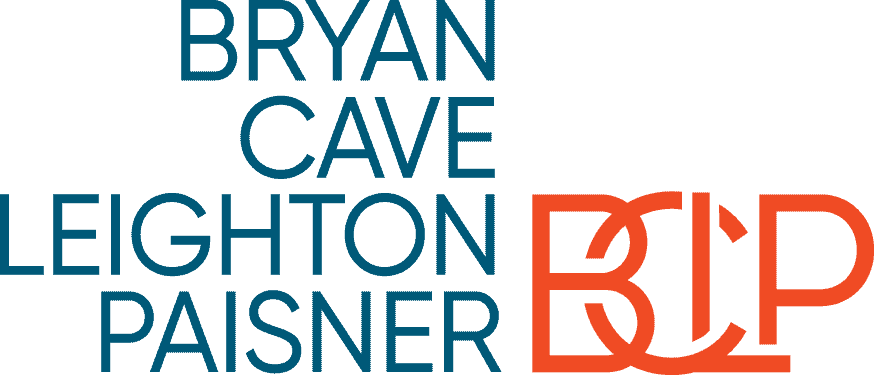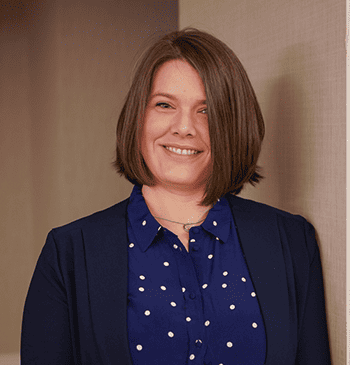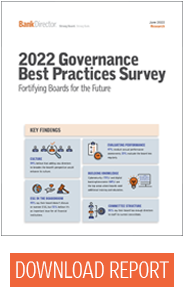
Research Report: Fortifying Boards for the Future
Brought to you by Bryan Cave Leighton Paisner

Good corporate governance requires, among many other things, a strong sense of balance.
How do you bring in new perspectives while also sticking to your core values? How does the board balance responsibilities among committees? What’s the right balance between discussion about the fundamentals of banking, versus key trends and emerging issues?
There’s an inherent tension between the introduction of new ideas or practices and standard operating procedures. We explore these challenges in Bank Director’s 2022 Governance Best Practices Survey, sponsored by Bryan Cave Leighton Paisner LLP. But tension isn’t necessarily a bad thing.
The survey polled 234 directors, chairs and chief executives at U.S. banks with less than $100 billion in assets during February and March 2022. Half of respondents hailed from banks with $1 billion to $10 billion of assets. Just 9% represent a bank above the $10 billion mark. Half were independent directors.
We divide the analysis into five modules in this report: board culture, evaluating performance, building knowledge, committee structure and environmental, social and governance oversight in the boardroom. Jim McAlpin, a partner at the Bryan Cave law firm in Atlanta and leader of the firm’s banking governance practice, advised us on the survey questions and shared his expertise in examining the results.
We also sought the insights of three independent bank directors: Samuel Combs III, a director and chair of the board’s governance committee at $2.8 billion First Fidelity Bancorp in Oklahoma City; Sally Steele, lead director with $15.6 billion Community Bank System in DeWitt, New York; and Maryann Goebel, the compensation and governance chair at $11 billion Seacoast Banking Corp. of Florida, which is based in Stuart, Florida. They weighed in on a range of governance practices and ideas, from the division of audit and risk responsibilities to board performance assessments.
The proportion of survey respondents representing boards that conduct an annual performance assessment rose slightly from the previous year’s survey, to 47%. Their responses indicate that many boards leverage evaluations as an opportunity to give and receive valuable feedback – rather than as an excuse to handle a problem director.
Forty-seven percent of respondents describe their board’s culture as strong, while another 45% rank it as “generally good,” so the 30% whose board doesn’t conduct performance assessments may believe that their board’s culture and practices are solid. Or in other words, why fix something that isn’t broken? However, there’s always room for improvement.
Combs and Steele both attest that performance evaluations, when conducted by a third party to minimize bias and ensure anonymity, can be a useful tool for measuring the board’s engagement.
Training and assessment practices vary from board to board, but directors also identify some consistent knowledge gaps in this year’s results. Survey respondents view cybersecurity, digital banking and e-commerce, and technology as the primary areas where their boards need more training and education. And respondents are equally split on whether their board would benefit from a technology committee, if it doesn’t already have one.
And while directors certainly do not want to be mandated into diversifying their ranks, in anonymous comments some respondents express a desire to get new blood into the boardroom and detail the obstacles to recruiting new talent.
“Our community bank wants local community leaders to serve on our board who reflect our community,” writes one respondent. “Most local for[-] profit and not-for-profit boards are working to increase their board diversity, and there are limited numbers of qualified candidates to serve.”
To read more about these critical board issues, read the white paper.
To view the results of the survey, click here.





